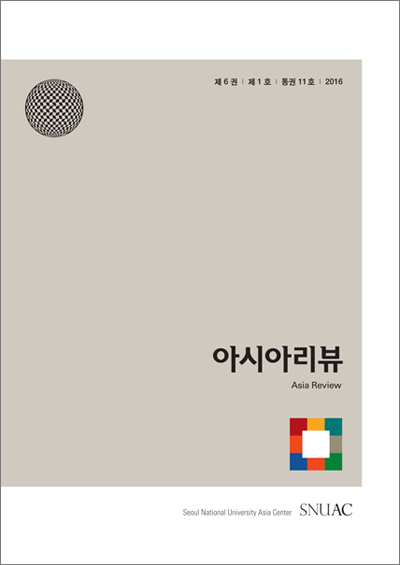Rohingyas have been fleeing to various countries to seek refuge to escape ethnic discrimination, military impetuosity, persecution, and human rights violations in Myanmar. An official report by the Ministry of Home Affairs of India revealed that roughly 40,000 Rohingyas live there. Under Bharatiya Janata Party (BJP) government, Rohingyas have not only been portrayed as ‘illegal’ and considered ‘a threat to national security’ but have also been stripped from the Citizenship (Amendment) Act 2019. Several questions and doubts arise based on this issue, such as why they have been portrayed as ‘illegal’ and considered a ‘danger’ or ‘threat’ to security. Why have they been excluded from the Citizenship (Amendment) Act 2019? Furthermore, what challenges are they facing in their day-to-day life because of this? This paper will address all these questions. This paper demonstrates that the political implications of BJP’s policy towards Rohingyas in particular, stating that they are not only victims of Hindutva politics, but they are also being excluded from their rights on legal grounds, which leads to them facing various challenges and difficulties in the country. Finally, the conclusion explains why India needs to improve the current situation for Rohingyas.
The Plight of Rohingya Refugees in India: Living in Denial
저자: Monika Verma (Ph.D., Institute of Social Research and Cultural Studies, National Yang Ming Chiao Tung University)
주제어: Rohingya refugees, India, exclusion, livelihood challenges

